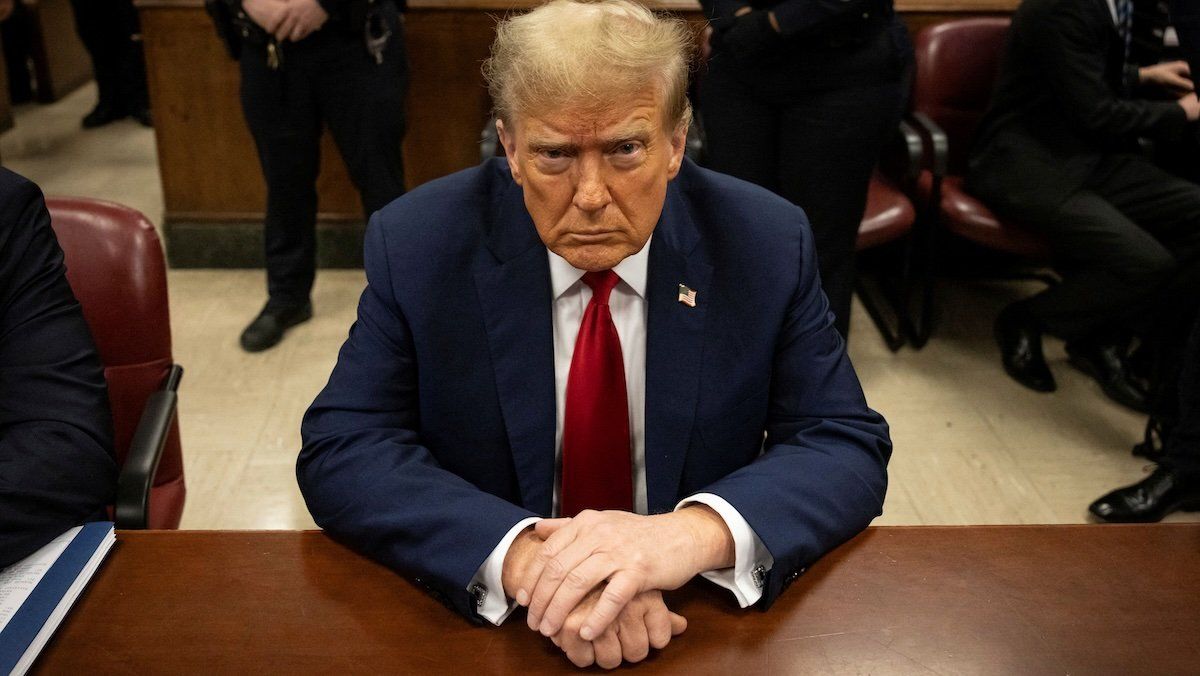The US Supreme Court is set to hear oral arguments on Thursday over whether former President Donald Trump is immune from criminal prosecution over his efforts to overturn the 2020 election results (spoiler alert: He lost to Joe Biden).
Trump has effectively argued that he should be off the hook for anything he did while in office. The ex-president faces four felony counts in relation to his push to undo Biden’s victory, including conspiracy to defraud the US and obstruction of an official proceeding.
What’s at stake? A lot! This is novel territory for the Supreme Court, given Trump is the first former president in US history to face criminal charges.
The court’s ruling will have major implications for the rule of law in the US and the office of the presidency, with the potential to deal a major blow to the system of checks and balances designed to restrain each branch of the government. That said, legal experts are skeptical the court will fully concur with Trump’s broad assessment that presidents have absolute immunity. Lower courts have already rejected Trump’s immunity claims.
The high court’s decision could also impact whether Trump, the presumptive GOP presidential nominee, stands trial in the federal Jan. 6 case in Washington before Election Day – something Trump is eager to avoid. A trial date was originally scheduled for March 4 but was delayed to await the Supreme Court ruling, which is expected to be released by July.



















